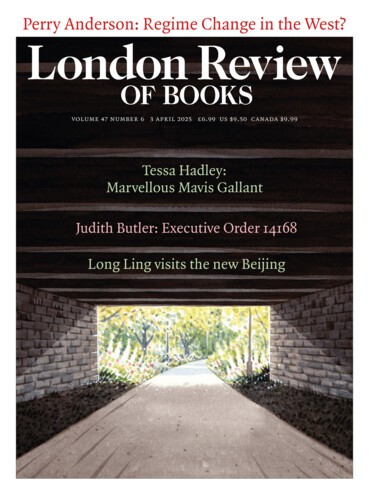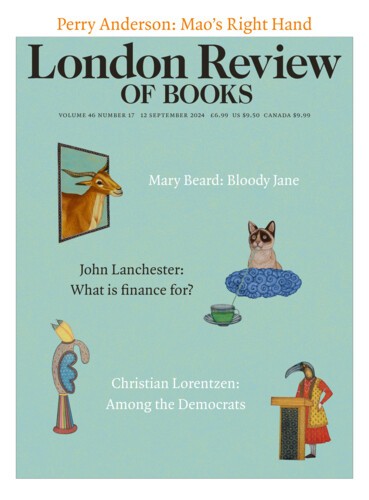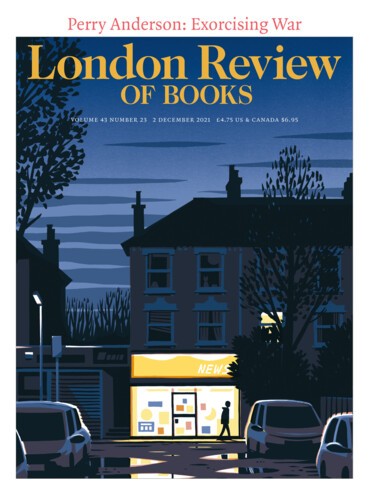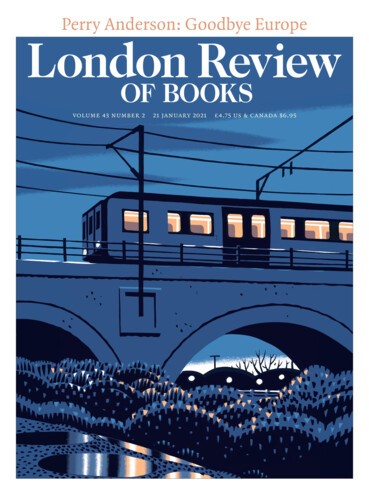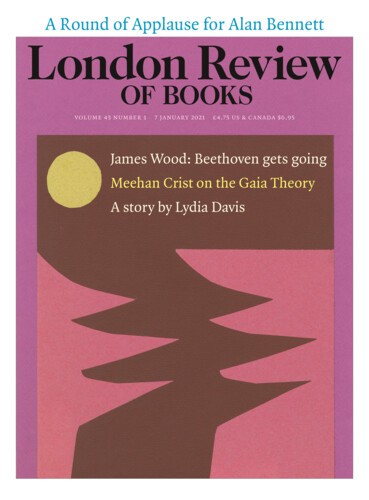Regime Change in the West?
Perry Anderson, 3 April 2025
Aquarter of the way through this century, regime change has become a canonical term. It signifies the overthrow, typically but not exclusively by the United States, of governments around the world disliked by the West, employing for that purpose military force, economic blockade, ideological erosion, or a combination of these. Yet originally the term meant something quite different, a...
